Menu
Contact
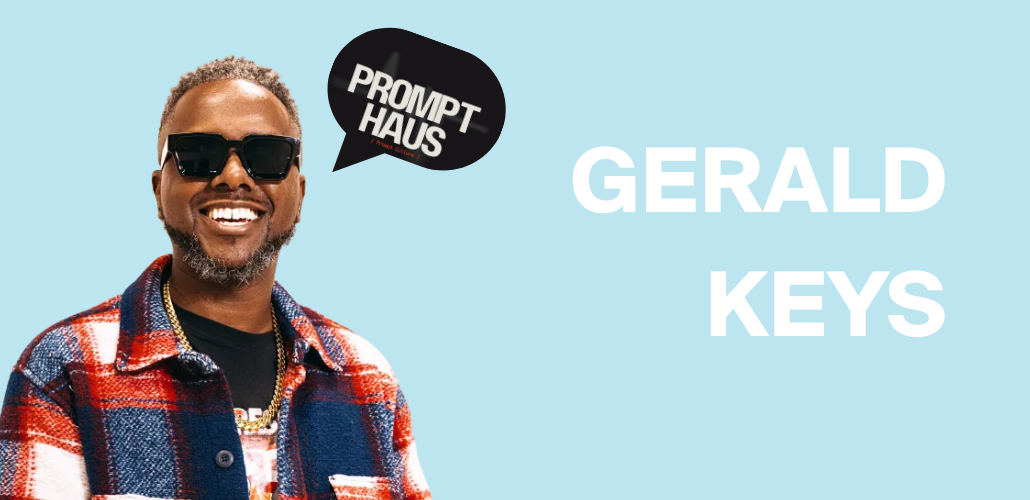
I’ve known Gerald Keys for years, but chatting on Zoom this time felt like tapping into tomorrow. Even through a screen, his energy hit with producer-level precision. Gerald “The Sound” Keys is a Sacramento-bred, Atlanta-based producer-engineer with 15 years behind the boards for Justin Bieber, Usher, French Montana, Zendaya, and Ty Dolla $ign. Today he’s Ludacris’ studio wing-man, Chief of Production for Netflix’s Emmy-nominated Karma’s World, and lead producer for KidNation. His sync catalog stretches from McDonald’s and Google to Apple and Mattel.
Now he’s architecting Prompt Haus, a tech-culture ecosystem built for a new workforce he calls AI-native creators; people who learned TikTok transitions before cursive and started experimenting with ChatGPT the moment they could type. They don’t just want shiny tools; they expect actual roles inside labels, publishers, studios, and agencies.
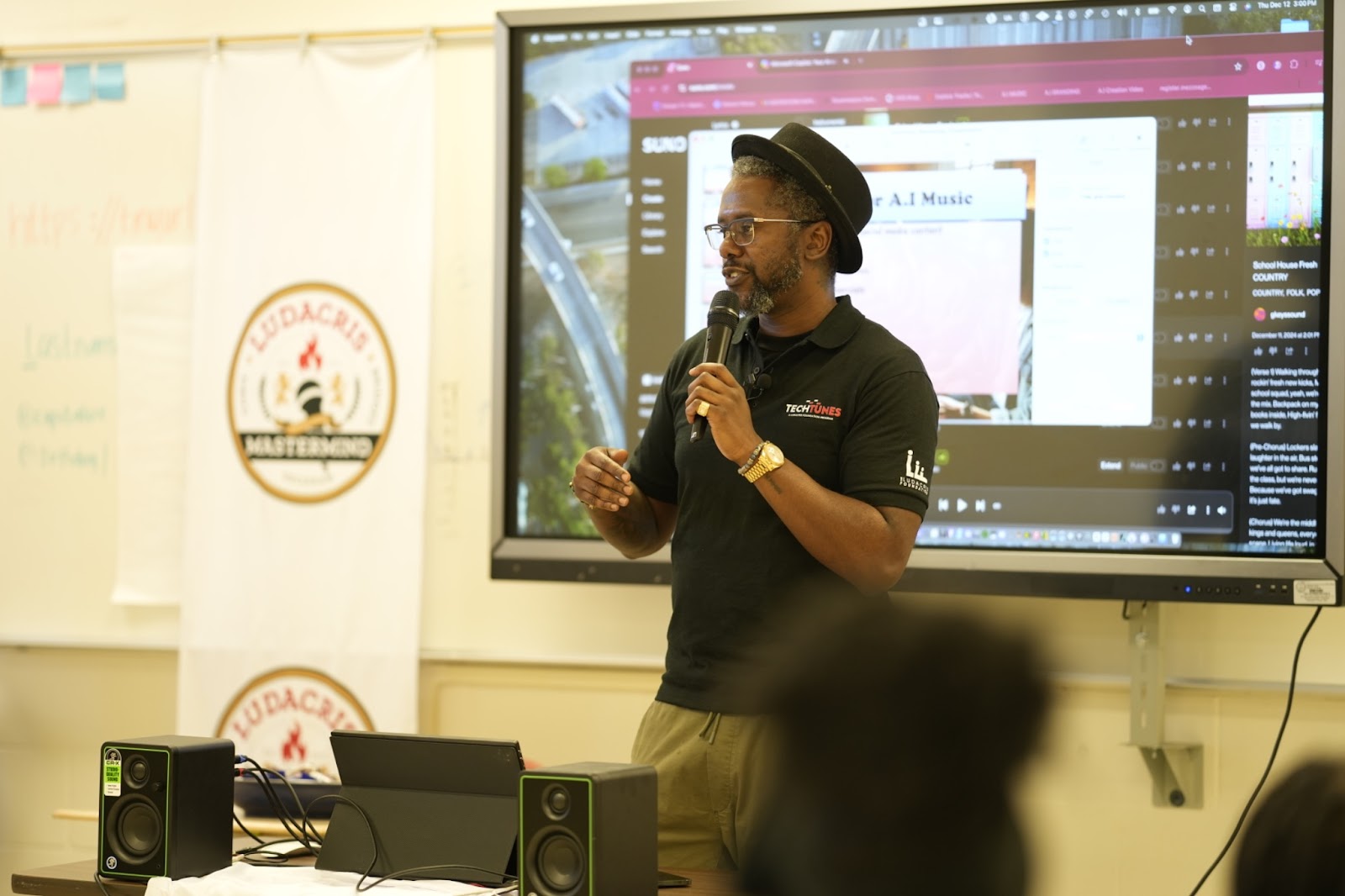
Prompt Haus aims to wire these creators straight into industry pipelines, essentially protecting jobs that don’t even have titles yet.
Here’s how our conversation unfolded, starting with the moment music first grabbed him.
Darrell: Alright, first question. Do you remember the moment you knew music wasn’t just a hobby, but your actual calling?
Gerald:
“Yes, when I was 16 … I was playing basketball on the team in school, and I didn’t get as much praise because I wasn’t that good, but when I was able to freestyle … beating on the tables and the soda machines … getting a reaction and the crowd came around. That was the first spark of, like, oh, this is the thing that makes me important to people.”
Darrell: Wow! So hold on—so you actually could spit? Were you a good freestyler?
Gerald:
“I started as a rapper. Yeah, yeah, I started this whole journey as a rapper.”
“Yeah, yeah, I know how it led me into all this other stuff. I definitely started as a rapper.”
Darrell: When did you kind of pivot away from rapping?
Gerald:
“Probably when I moved to Atlanta in 2009 … committed to being a great producer and a great engineer … I have more of an introverted personality … so I made a conscious decision to focus on the parts that fit my personality—producing and engineering behind the scenes.”
Darrell: Really—so once you hit Atlanta, engineering became your lane?
Gerald:
“Exactly … I realized I could be in those intimate settings, make the records sound right, and let the artists shine up front.”
Gerald’s path always blended feel with framework. As Chief Arts & Music Officer at the Ludacris Foundation, he runs music camps, brand partnerships, and workshops. Prompt Haus is the logical next step: embedding AI-native creators directly inside production workflows instead of leaving them to hustle on the margins.
Right now, nearly every Gen Z worker touches multiple AI tools weekly, and job ads for prompt engineers have exploded since 2024. Gerald doesn’t want that momentum outsourced overseas or automated away—he wants it formalized into roles like Prompt Engineer, AI Content Creator, and AI Music Supervisor across media and entertainment. Prompt Haus, he says, will be the “on-ramp and the safety net”—training talent, then plugging them straight into publishers, labels, and studios with real salaries and IP credit.
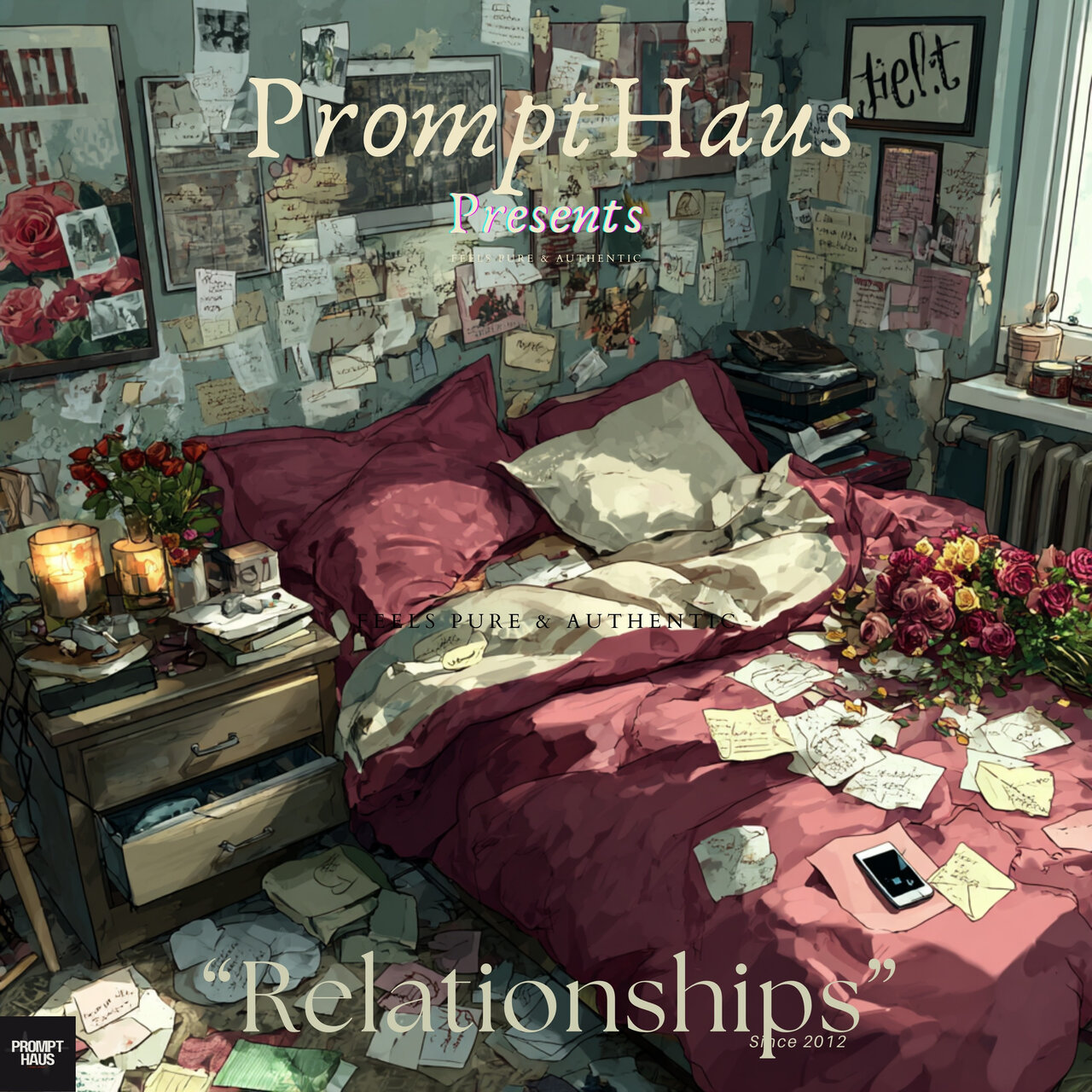
Darrell: You dropped an all-AI album called Relationships. What inspired it, and what was the wildest part about making an album with machines?
Gerald:
“The inspiration was simple—going through relationship issues … I put what we were going through into ChatGPT … told it to make a track listing based on our conversation … Once I heard the first four tracks, I knew I was on to something.”
“It let me take the same songwriting process and do it by myself—just me and the machine.”
Darrell: People say AI lacks that human element…that emotion and soul. How were you able to blend the two?
Gerald:
“That goes into the prompting … I told it the emotional tone and delivery I wanted … The AI interpreted it without me having to go back and forth.”
Darrell: It doesn’t feel like Prompt Haus is just a company—it feels like a movement. How did you bring it to life?
Gerald:
“At first it was a company to teach adults the same way I teach kids … but I needed something to create future positions instead of waiting for other companies … I have the power to break down doors, so I’m building something that actually gives a home to the next generation.”
Darrell: Do you see that model expanding such as film or gaming?
Gerald:
“Absolutely … Prompt Haus puts me at the intersection between creatives and the tech world … We’re talking about Prompt Engineers, AI Content Creators…world-building roles.”
Darrell: At the end of the day, what do you want people to feel when they hear your music or interact with something Prompt Haus touched?
Gerald:
“I just want them to feel. I don’t want them to think … I’d love for something I put out to spark somebody who doesn’t make music to want to make music—and actually make something good.”
Gerald Keys shows that evolution doesn’t erase roots; it widens horizons. Through platinum-level production, youth programs, and Prompt Haus, he’s carving pathways so AI-native creators can belong, thrive, and get paid.
If you grew up on ChatGPT, Midjourney, Suno, or Copilot and want to turn prompts into purpose, follow @itssoundofkeys, keep an eye on Prompt Haus, and get ready to build where tech meets soul, because the future needs architects, not spectators.

Remember that awkward moment when refs would bring out the chains, everyone squints, and you’re left yelling at your TV? Yeah, that’s over.
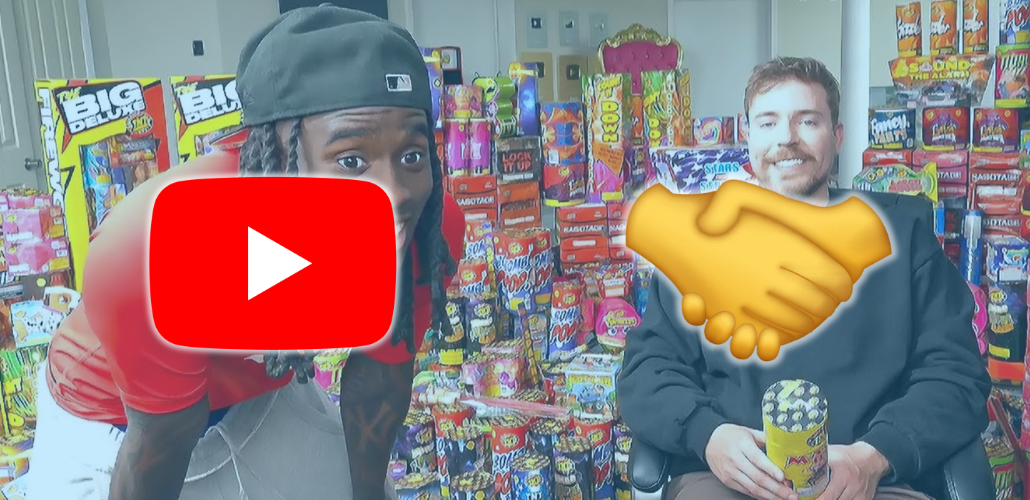
Traditionally, long-form collaborations on YouTube meant co-producing a video that was published on just one creator’s channel. Cue the awkward moment during planning when someone asks, “Can I post it on my channel too?” and you hesitate because you want to keep the traffic centralized. We’ve all been there.
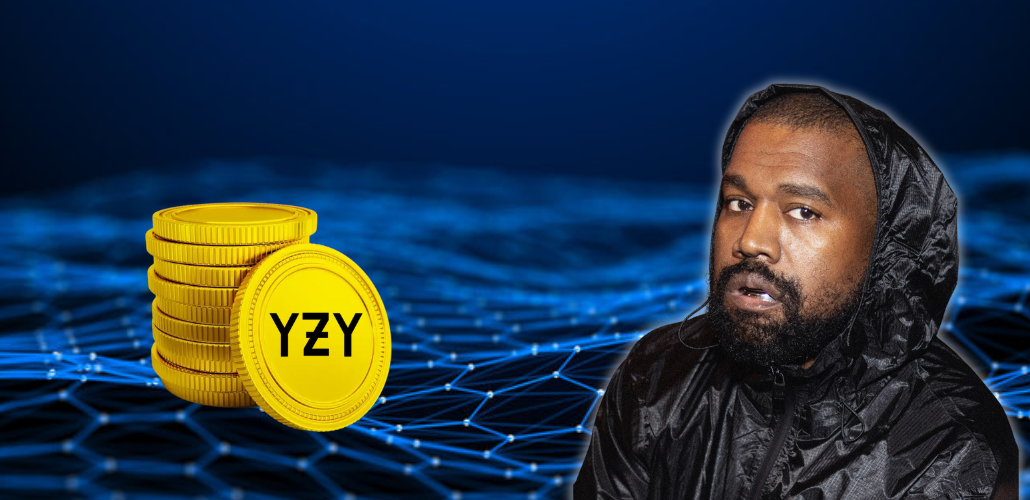
Ye once mocked crypto, saying it preyed on fans. Fast-forward to August 2025, and suddenly he’s dropping YZY on Solana.
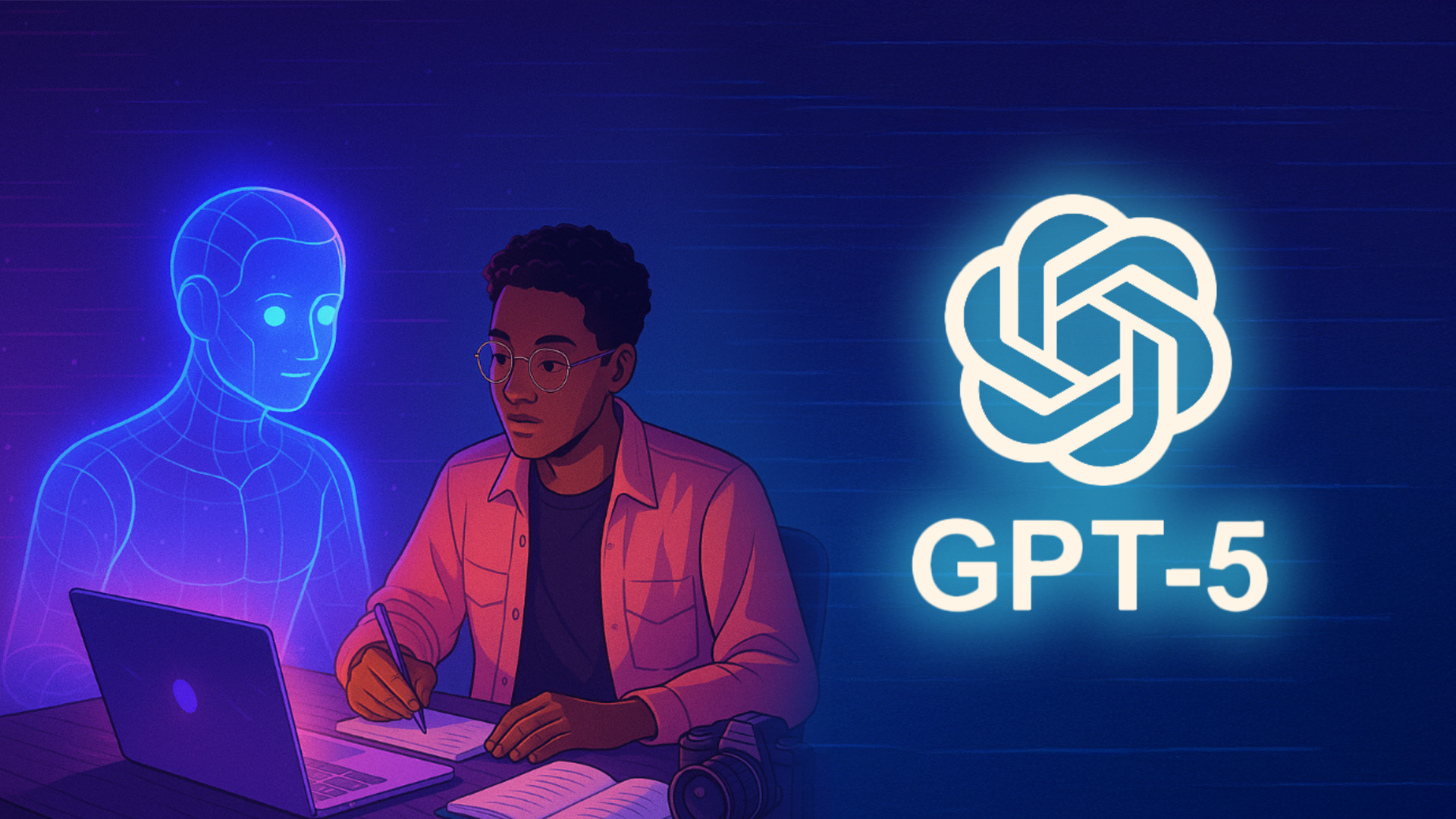
I’ve said it before, ChatGPT has become my must-have creative assistant. Whether I’m drafting, designing, strategizing, or just trying to push through a creative block, it’s the tool I reach for first.